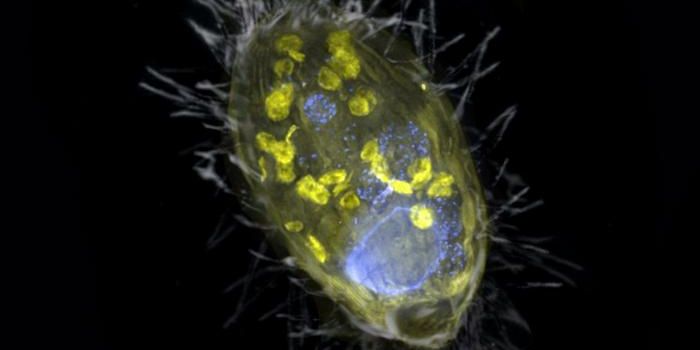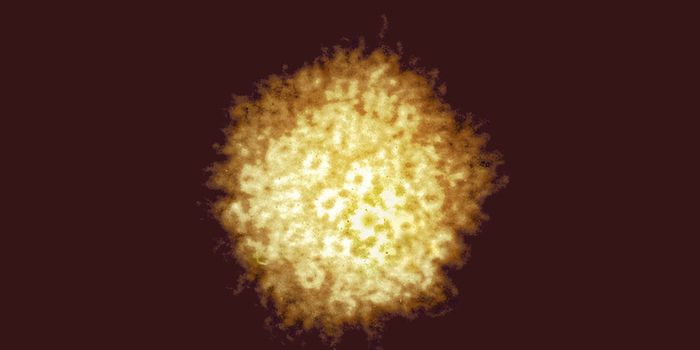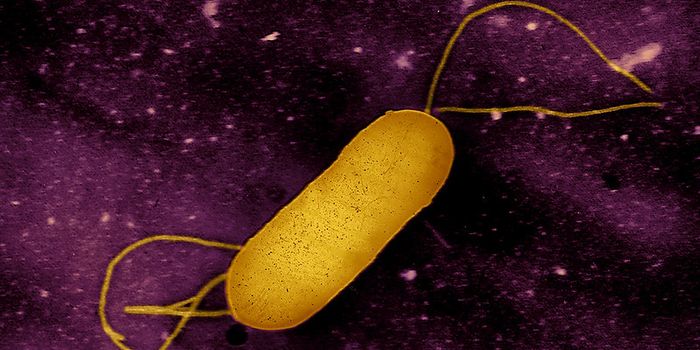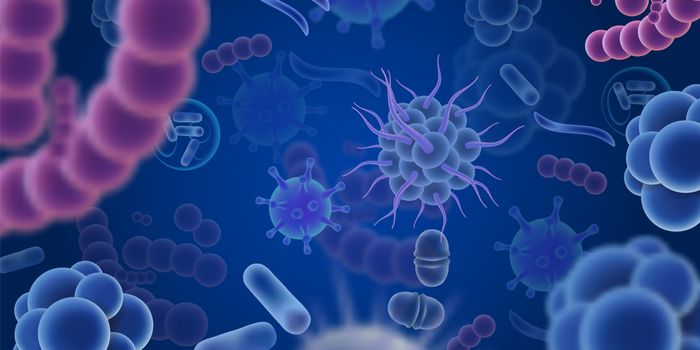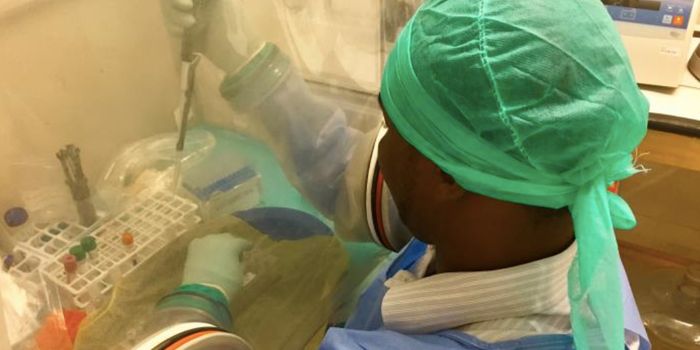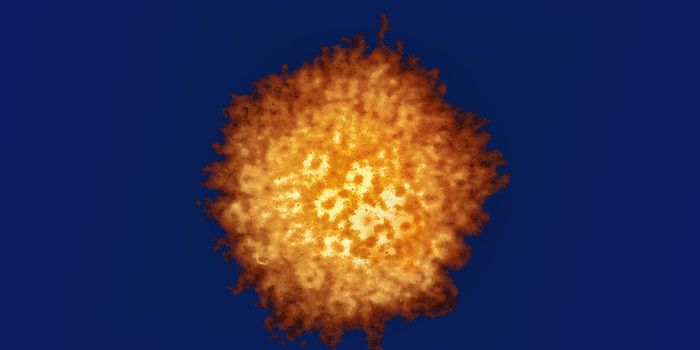Killer Bee Beer? You Bet It's Been Brewed
People have been brewing beer for thousands of years. Its a process that can be done on an industrial scale or at home, and it usually involves water, of course, along with hops, yeast, and a cereal such as barley; although wheat, rye, and other grains are sometimes used. Beer is brewed in a multi-step process that activates enzymes in the grain, followed by boiling and stabilizing the mixture, fermenting it, conditioning and filtering it, and finally, packaging the brew.
But this process can also be modified in many ways, including with unusual ingredients. Researchers at Cardiff University did just that when they added brewer's yeast that was found in the guts of Africanized honey bees (also known as killer bees) to a special microbrew.
The Cardiff researchers had traveled to Namibia as part of a collaboration between The University of Namibia and Cardiff, which promotes development practices that are environmentally sustainable. The Cardiff researchers became intrigued by the stuff that might be residing in the gut microbiomes of the bees.
"Saccharomyces cerevisiae, commonly known as brewer's yeast, is found in the gut microbiome of honeybees. When working on a project in Namibia, we isolated the brewers yeast from killer bees that died naturally, " explained Les Baillie. a Professor of Microbiology at Cardiff University. "When we got back to Cardiff, we used the isolated killer bee brewer's yeast, along with yeast from Welsh honey bees, to make several batches of beer."
Scientists at Cardiff have created an effort known as Pharmabees, which aims to investigate compounds that are found in plants and which could work as drugs that can treat antibiotic-resistant infections. The team has placed hives around the university campus to promote honey production. The researchers also want to create something special from a fusion of microbiology research and bee-related stuff. Project members brewed the killer bee beer.
Now, they are interested in developing the 'killer' brew as a product, in collaboration with an established brewer. If the effort works, the sales proceeds could be used to support the Pharmabees project.
With brewer's yeast that has been harvested from bees that have died naturally, the researchers will be able to highlight this research, as well as find new insights about the microbiomes of bees, added Baillie.
"Our Killer Bee Beer is a fun side project to our wider Pharmabees studies. Our research into bees is uncovering how honey, beeswax and other bee byproducts can play a role in solving some of the world's biggest challenges, including tackling antibiotic resistance and superbugs."
Sources: Cardiff University


